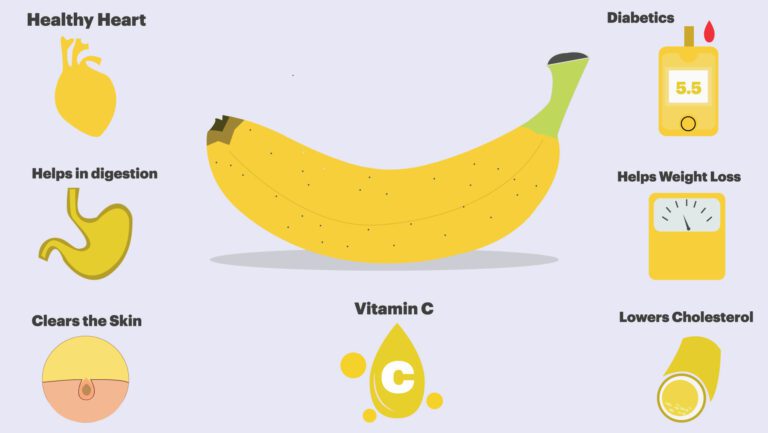The Power of Almonds: How This Nutrient-Rich Nut Boosts Sleep, Brain Health, and Energy Naturally

Introduction
- Brief overview of almonds as a superfood
- Popularity in health-conscious diets
- Mention their inclusion in sleep-friendly diets (link to original article)
1. Nutritional Profile of Almonds
- Calories, protein, healthy fats, fiber
- Vitamins and minerals: Vitamin E, magnesium, calcium, etc.
- Comparison to other nuts
2. Almonds and Better Sleep
- Role of magnesium and melatonin in sleep
- Tryptophan content and its effects
- Scientific studies showing improved sleep quality
- Best ways to consume almonds before bed
- Caution on timing and quantity
3. Almonds for Brain Health
- Vitamin E and neuroprotection
- Omega-3s and memory support
- Antioxidants and aging prevention
- Research on almonds and cognitive function
4. Boosting Energy and Stamina
- Role of protein and healthy fats in energy balance
- Stabilizing blood sugar levels
- Ideal for pre-workout or mid-day snacks
5. Heart and Bone Health Benefits
- Cholesterol-lowering effects
- High magnesium and calcium content
- Bone density improvement
6. Weight Management and Digestion
- Satiety and portion control
- Gut health support from fiber
- Tips to include almonds in a weight-loss diet
7. How to Add Almonds to Your Diet
- Soaked vs raw vs roasted
- Almond butter, almond milk
- Recipes: smoothies, oatmeal, energy bars, bedtime drinks
8. Precautions and Side Effects
- Allergies
- Caloric density
- Oxalate content and kidney health
Conclusion
- Recap of almond’s key health benefits
- Emphasize its versatility in diet
- Suggest bedtime use and link back to sleep article





